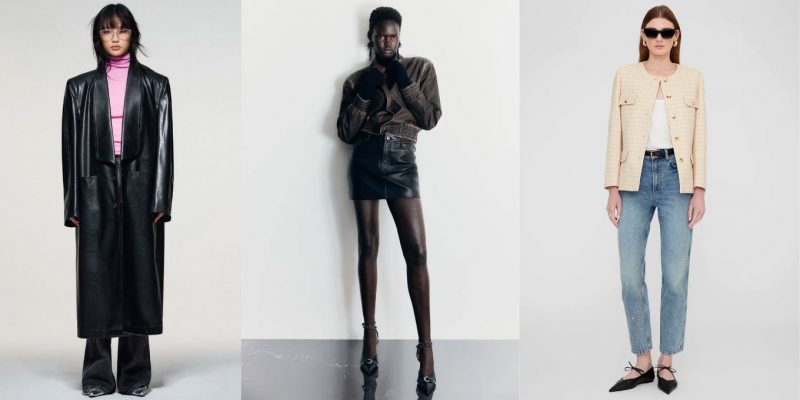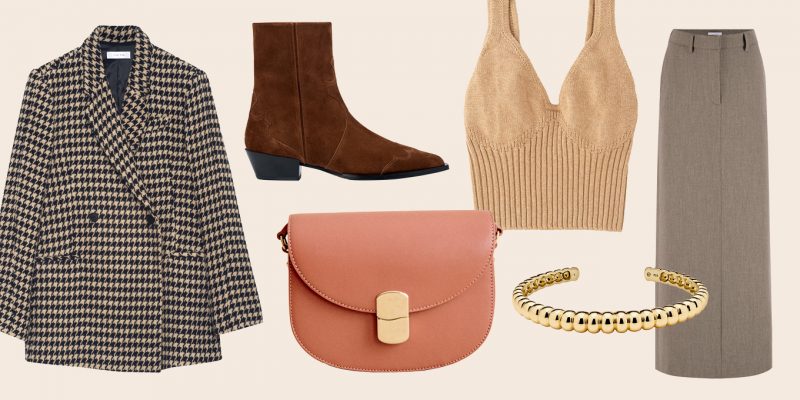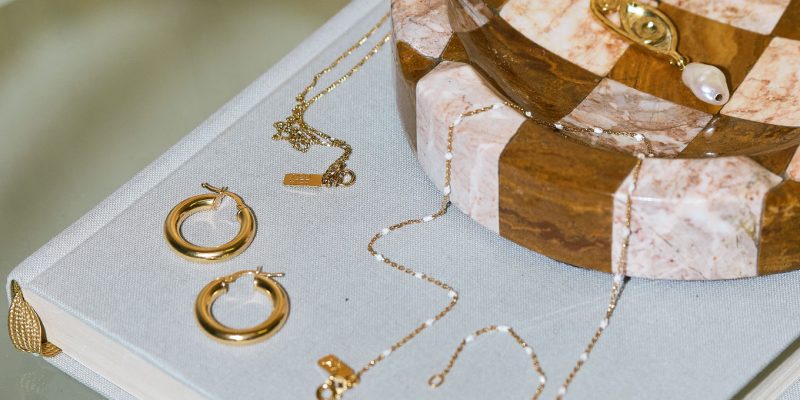Shopping
How Canadian Retailers Plan to Make Their Shelves More Inclusive
"This is the time when individuals are really taking a step back and looking at how they spend their money.”
by : Erica Ngao- Jun 19th, 2020
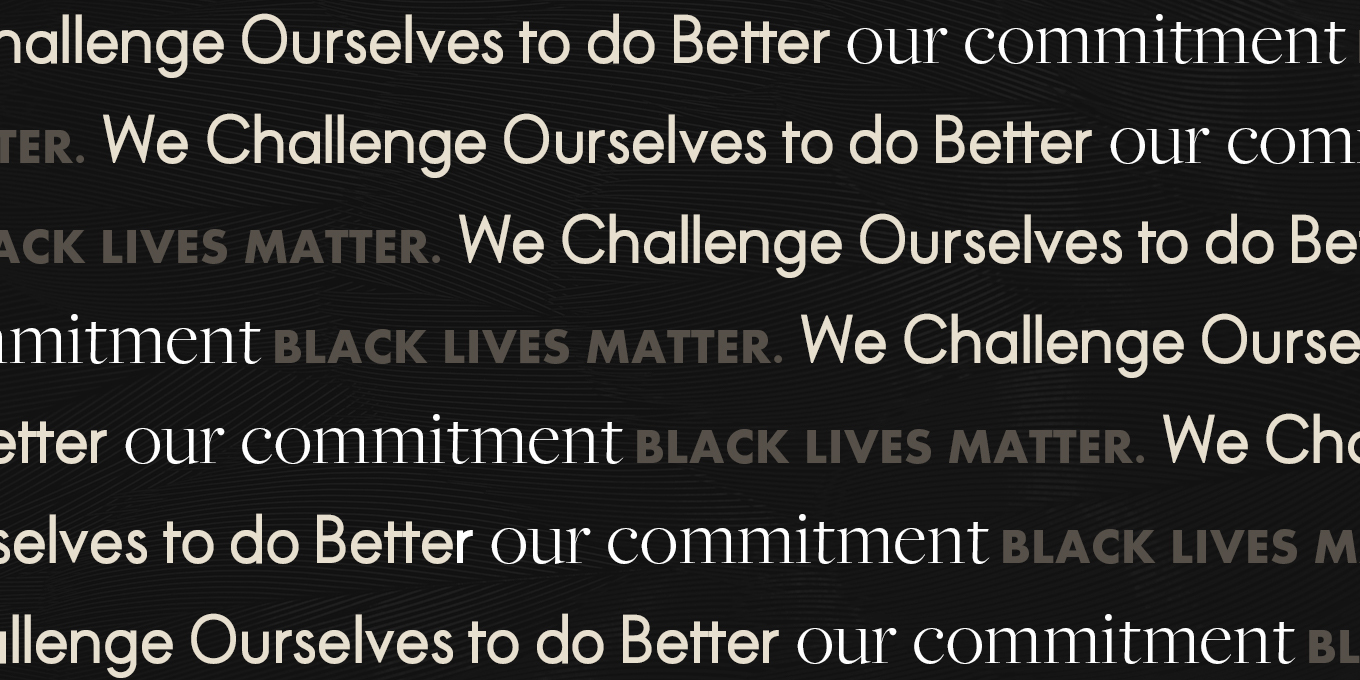
The three steps are clear: Take stock, take ownership and take action.
This is Aurora James’ call for major retailers to dedicate part of its shelf space to Black-owned businesses as part of the 15 Percent Pledge. The Toronto-native, New York City-based designer and founder of luxury accessories label Brother Vellies launched the initiative in June after thinking about what she would need as a business owner to feel supported.
“We’re not asking for this to happen overnight – there must be a clear strategy with attainable goals,” said James. “We felt these steps could get the retailers to where they need to be to take the pledge.”
In the U.S., Black Americans represent almost 15 percent of the population, and the pledge calls on retailers like Target, Whole Foods and Shopbop to commit at least that percentage to supporting Black-owned businesses. Currently, Sephora U.S. is the first and only retailer to have signed onto the pledge. While James notes that it could take a few years for any change to materialize, she’s prepared to provide the tools to make it happen. “Success is defined by thoughtfulness and longevity,” she said. “We’re here to help lay out that plan and strategy, and we have some of the most brilliant Black minds on board to help make it happen.”
James said that consumers also have a role to play in deciding what their retailers offer. “This is the time when individuals are really taking a step back and looking at how they spend their money,” she said. Putting pressure on retailers through social media – re-tagging, signing and re-posting the pledge petition – are ways to ensure that the voices of consumers are also heard.
Although the pledge is focused on retailers in the U.S., James believes that Canadian retailers can do better when it comes to diversifying its shelves. “On the Brother Vellies side, I can definitely say that [Canadian] retailers have been much, much more cautious and conservative with their buys,” she said. “They tend to lean towards products they think will be driven by celebrities or are super artisanal – there hasn’t been a lot of space for the in-between.”
In June, the pledge was expanded to include Canadian retailers. For the Toronto Star, designer and journalist Mosha Lundstrӧm Halbert conducted an audit on the number of Black and Indigenous brands carried by Canadian retailers Shoppers Drug Mart, Holt Renfrew, Ssense, Simons and Hudson’s Bay. The results: Very few or none of the hundreds of brands carried are Black or Indigenous-owned.
According to the 2016 census, 3.5 percent of the population in Canada is Black, 6.2 percent is Indigenous, and 22.3 percent are a visible minority. We asked six major fashion and beauty retailers in Canada to share a breakdown of brands carried in-stores that are owned by Black, Indigenous and people of colour as well as brands that are Canadian-owned. Here’s what they said.
Holt Renfrew
View this post on InstagramA post shared by Holt Renfrew (@holtrenfrew) on
The luxury department store, which has locations across Canada in Toronto, Montreal, Calgary and Vancouver, issued this statement in an e-mail: “While we do carry a variety of Canadian labels, across different divisions, as well as some Black-owned brands, we are continuously researching new brands to add to our assortment. We are challenging ourselves to do better across all areas of our business and our merchandise offering is part of this. We are committed to change and will communicate these changes to our customers and employees accordingly.”
Hudson’s Bay
View this post on InstagramClick the link in our bio to learn more about Black Health Alliance.
A post shared by Hudson's Bay (@hudsonsbay) on
In an e-mail statement issued to customers, Hudson’s Bay president Ian Nairn committed to establishing a task force to advance the work of the company’s Diversity and Inclusion team in different aspects of the company, from leadership to products. As a first step, The Hudson’s Bay Foundation donated $100,000 to the Black Health Alliance, a community-led charity working to reduce racial disparities in health outcomes for Black communities in Canada.
Nordstrom
View this post on InstagramA post shared by Nordstrom Canada (@nordstromcanada) on
In an open letter to employees, CEO Erik Nordstrom and president Pete Nordstrom addressed and outlined the retailer’s approach to diversity and inclusion. In response to working with Black-owned companies and other underrepresented groups, they stated: “We’ve had a Supplier Diversity program in place for a number of years to provide opportunities for companies owned by those who are underrepresented, including Black-owned businesses. We found several opportunities where we could be a better partner to these businesses, and we plan to make a number of updates. We look forward to sharing our new program soon.”
Simons
Simons declined to comment for this piece. The Quebec City-based retailer recently collaborated with eight Indigenous artists and creators for the Indigenous Fashion Week Toronto x Edito capsule collection and Fabrique 1840, an artisan program designed to bring small and local Canadian makers to a wider consumer.
Sephora
View this post on InstagramA post shared by Sephora Canada (@sephoracanada) on
In an Instagram post, Sephora Canada detailed steps that the retailer is taking towards greater diversity and inclusion, including evolving its internal incubator program to focus on WOC founders and placing a Canadian representative on the Sephora Pledge Team to bring new Black-owned brands to Canada.
The Detox Market
View this post on InstagramA post shared by The Detox Market Canada (@thedetoxmarketcanada) on
The green beauty retailer announced its commitment to increase the representation of BIPOC-owned or -founded brands to over 20 percent. At the moment, just over 15 percent of its brands are BIPOC-owned or -founded, while approximately 20 percent are Canadian. In an email, the company notes that the onboarding process – which includes research and negotiation – for new brands can take three to four months and depends on each brand’s stock. As part of its action plan to increase diversity within its team and the industry, The Detox Market is also committing $1,000,000 over four years to help BIPOC founders launch and accelerate new beauty brands through incubator program The Launchpad.
READ MORE:
15 Canadian Brands Donating Proceeds to Fight Anti-Black Racism
Black-Owned Canadian Beauty, Fashion, Health and Lifestyle Brands
Newsletter
Join our mailing list for the latest and biggest in fashion trends, beauty, culture and celebrity.
Read Next

Fashion
Zendaya Welcomes Spring in a Retro Floral and Tulle Dress
Another day, another preppy tennis-core look.
by : Briannah Rivera- Apr 23rd, 2024

Culture
A Joe Alwyn Source Explains Why He Didn’t Want to Talk About Dating Taylor Swift
Following the release of The Tortured Poets Department, new insight about the British actor’s decision emerges.
by : Alyssa Bailey- Apr 23rd, 2024
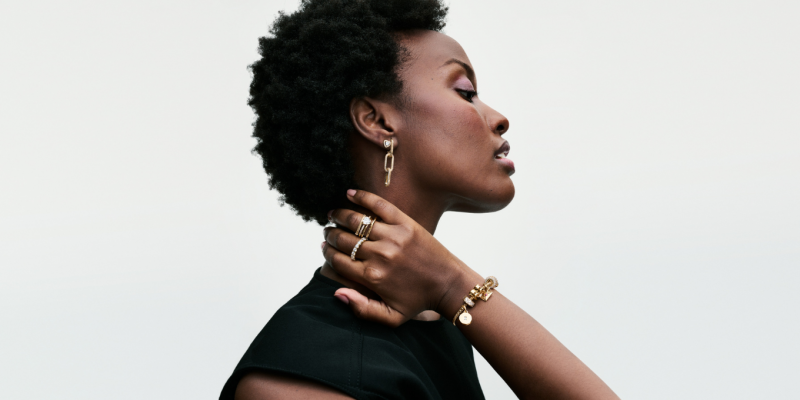
Fashion
This Jewellery Brand Has a Whole New Look And It’s Everything
Here are the seven pieces we’re coveting.
by : ELLE Canada- Apr 10th, 2024


